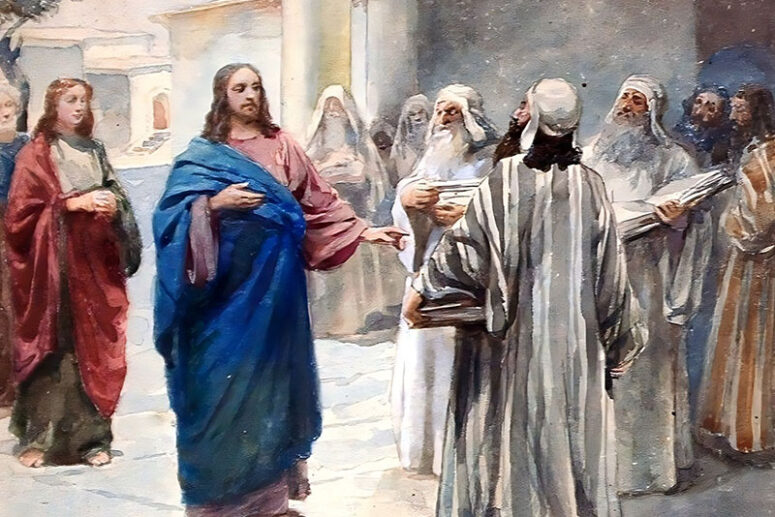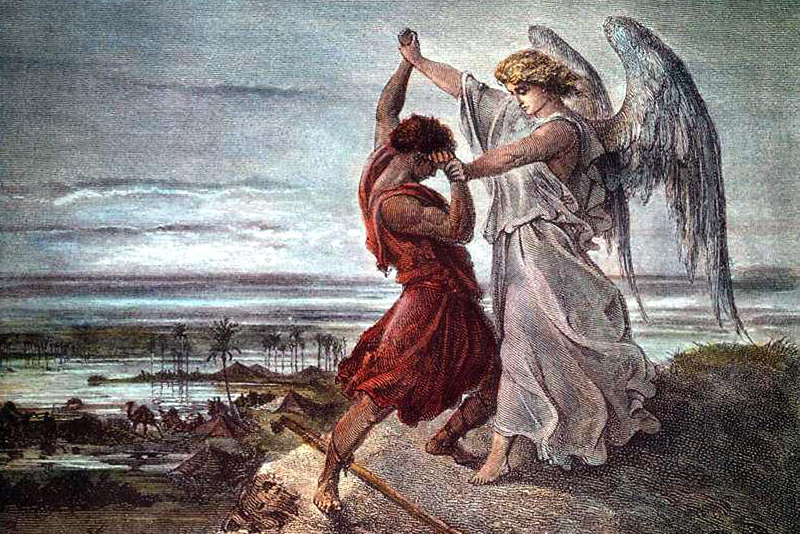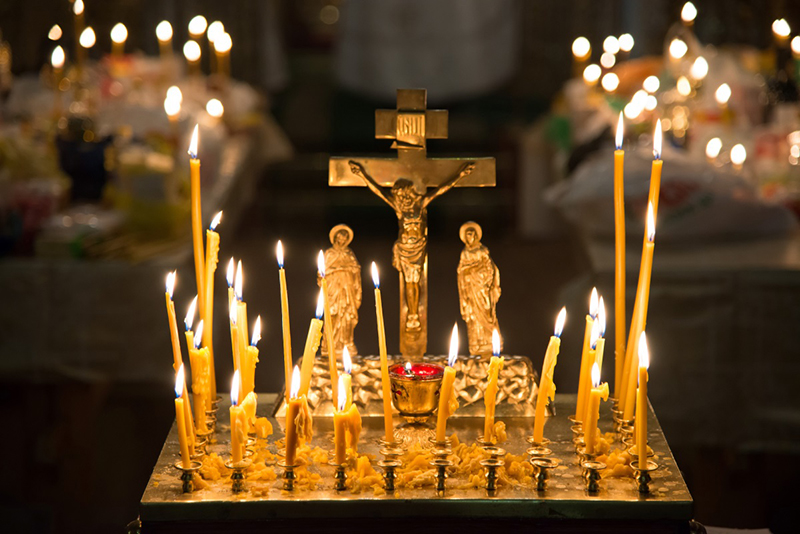
Several parables of Christ use examples from trade and commerce
We heard one of them recently in our gospel reading on 2 October, the Sunday of the Veneration of the Cross. This passage from the Gospel of Matthew (25:14 – 30) is also known as the parable of the talents.
Remarkably, our understanding of talent is now very different from biblical times. In the secular sense, we define it as capability. To contemporary Christians, talent means an innate aptitude of a human being given to them by God. In biblical times, however, a talent was only a measure of weight, and sometimes a unit of currency. During the reign of Alexander the Macedonian, a contemporary of Christ, a talent was a unit of volume equivalent to the size of a standard amphora, a common vessel for storing solids and liquids. One talent was equal to approximately 26 litres or 26 kilogrammes.
The master (God) gave His slaves (the people) remarkable wealth. The first slave received five talents, or approximately 130 kilogrammes of gold. The second got two talents, or 52 kilogrammes, Even one talent, received by the third servant – 26 kilogrammes of gold – was a sizeable asset.
The Lord gives each their set of talents, because everyone is different, but also meaningful in the world that He created. Each plays a part in the Divine Symphony of His creation, adding beauty and richness to it. The Holy Apostle Paul taught: So Christ himself gave the apostles, the prophets, the evangelists, the pastors and teachers, to equip his people for works of service, so that the body of Christ may be built up until we all reach unity in the faith and the knowledge of the Son of God and become mature, attaining to the whole measure of the fullness of Christ. Then we will no longer be infants, tossed back and forth by the waves, and blown here and there by every wind of teaching and by the cunning and craftiness of people in their deceitful scheming. Instead, speaking the truth in love, we will grow to become in every respect the mature body of him who is the head, that is, Christ. From him the whole body, joined and held together by every supporting ligament, grows and builds itself up in love, as each part does its work. (Ephesians 4:11-16).
But why does the parable involve business and trade? Christ gave God’s servants money which He expected them to invest with a profit. Two of the three servants did as they were told. So why did Jesus name trade a pathway to the Kingdom of Heaven? Why did He want God’s servants to engage in it, and promise that they would enter the joy of the Lord by doing so (Matthew 25:23)? –
Saint Theophan the Recluse also raises this point in his commentary on the evangelical readings. He writes: The parable of the talents brings to our minds the idea that life is a time for bargaining. Everyone, therefore, should use this time to secure their best bargain.
But did Christ put profit-making at the centre of His parable?
Here is an episode from my life that comes to my mind as I reflect on this question. It was Sunday. I had finished serving liturgy and was driving past a busy market. A large crowd of people had gathered at its main gate. They looked like a horde of ants or hornets.
Immediately, I remembered these lines from Gogol’s Fair of Sorochintsi:
“You may have heard a rushing waterfall, where the air is filled with a roaring, and a chaos of strange, vague sounds whirls around you. Are you not instantly overcome by the same feelings in the turmoil of a village fair, when all the people are melted into one huge monster whose whole body is stirring in the marketplace and the narrow streets, with shouting, laughing, and clatter? Noise, swearing, bellowing, bleating, roaring-all blend into one discordant clamour. Oxen, sacks, hay, Gypsies, pots, peasant women, cakes, caps-everything is bright, gaudy, discordant, and rushing and bustling about before your eyes. The different voices drown one another, and not a single word can be caught, can be saved from the deluge; not one cry is distinct. The smack of hand against hand – the sealing of a bargain – is heard on all sides.” The sight of the crowd at the market was both astonishing and intimidating. “I wish there were as many people at our churches,” I sighed. “Should not they first run to God on a Sunday?”
People put all their zeal into the trade. They work hard to save up for a house and earn their daily living. They spend huge amounts of time looking for the best deals on their cars or computers. They will not sign a contract before reading every line. It all takes energy. Convert it to rocket fuel, and we could all fly to Mars.
With His parable of the talents, Christ sends us this message: devote at least as much energy (and even more) to growing rich in heaven as you spend in pursuit of worldly gain. For the Kingdom of heaven is taken by force. (Matthew 11:12).
Christ tells us to make an effort. He wants us to desire the Kingdom of Heaven more than the latest iPhone or BMW. Ultimately, there is no life in these riches. Only the riches bring life to our spirit. The Lord offers us the prospect of eternal life and the glory of the righteous. We must strive for it, for it is the only thing that is worth having.
Translated by The Catalogue of Good Deeds
Source: https://pravlife.org/ru/content/pochemu-hristos-v-nekotoryh-pritchah-privodit-primery-iz-rynochnoy-ekonomiki




